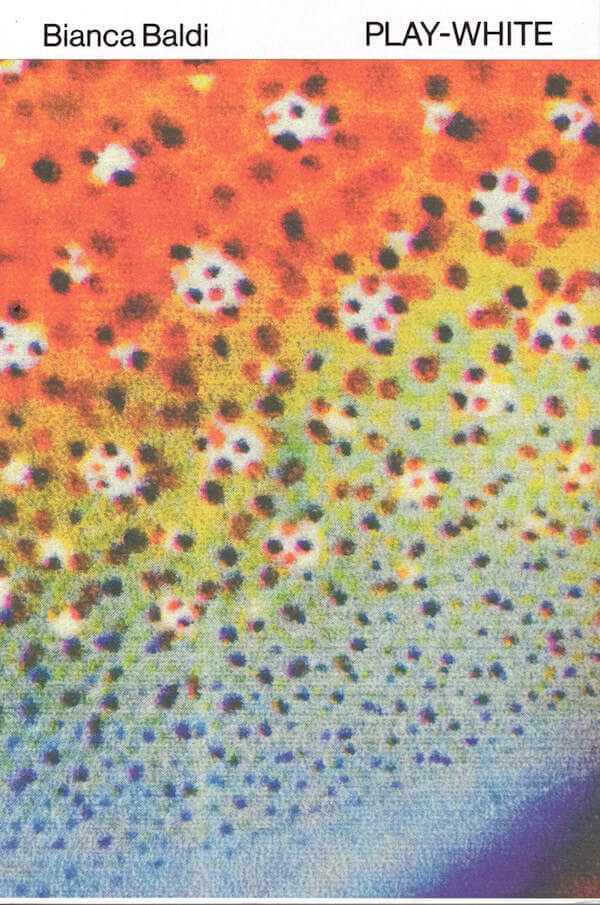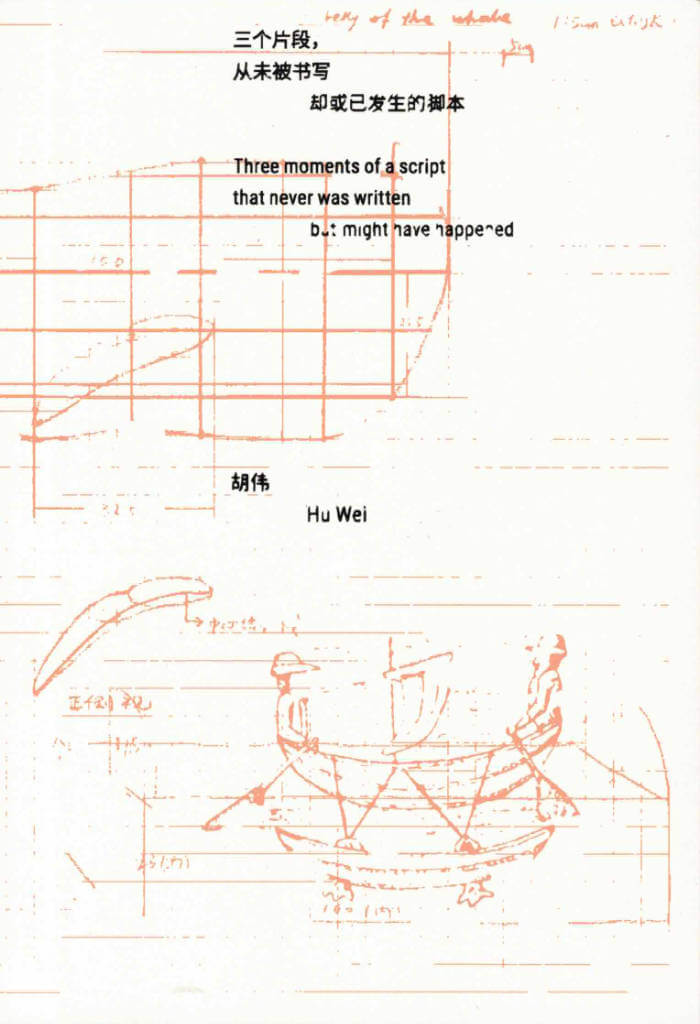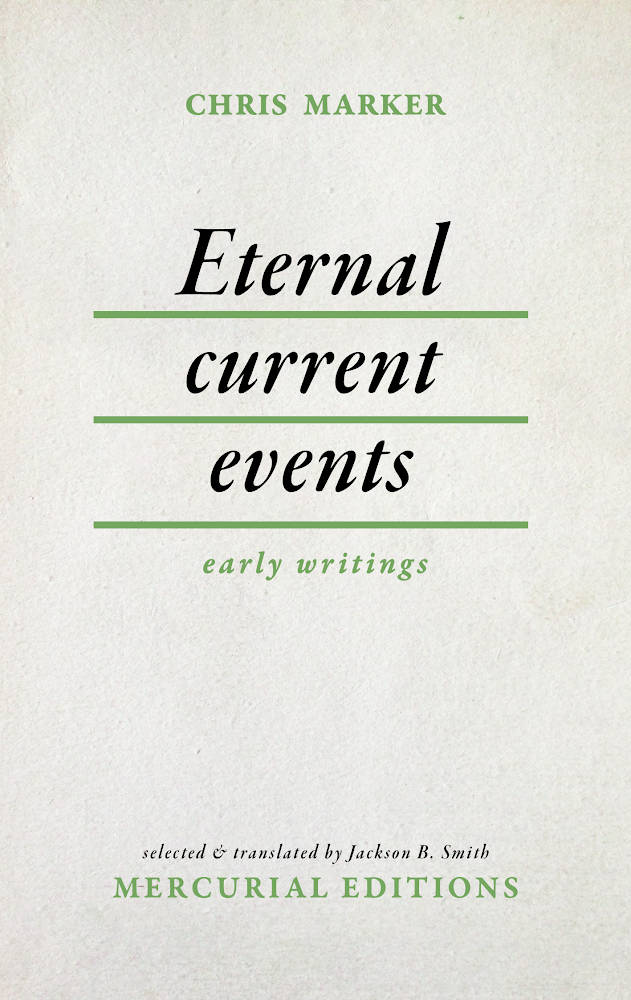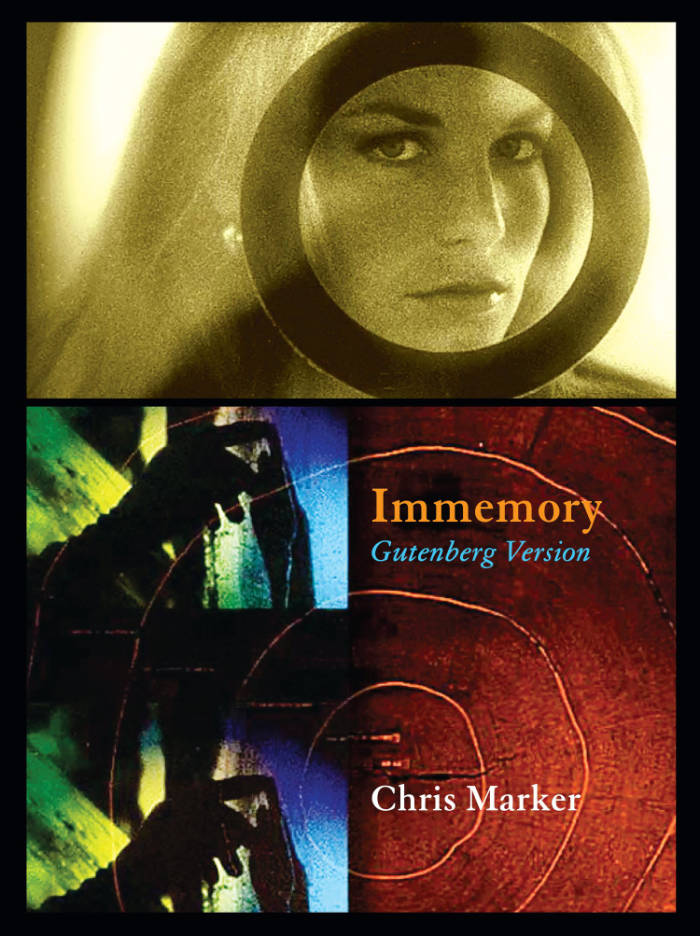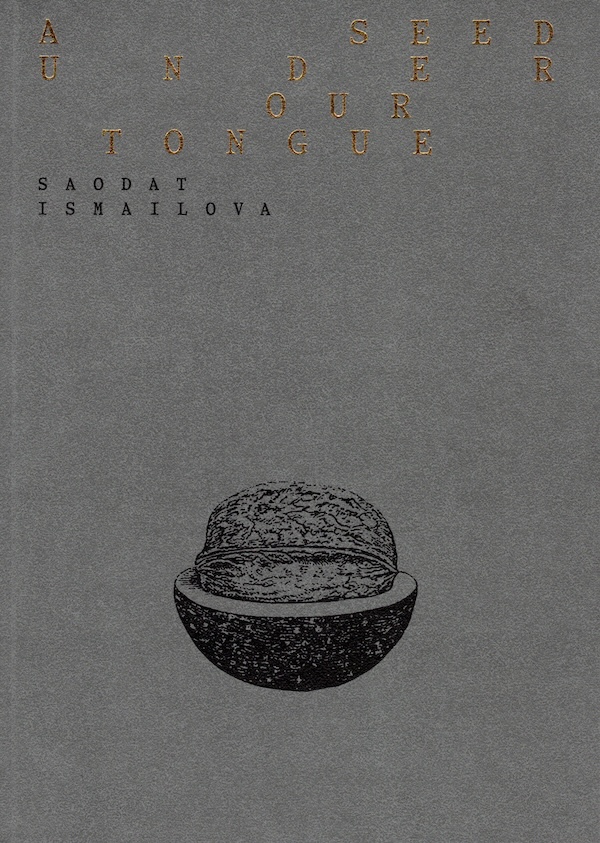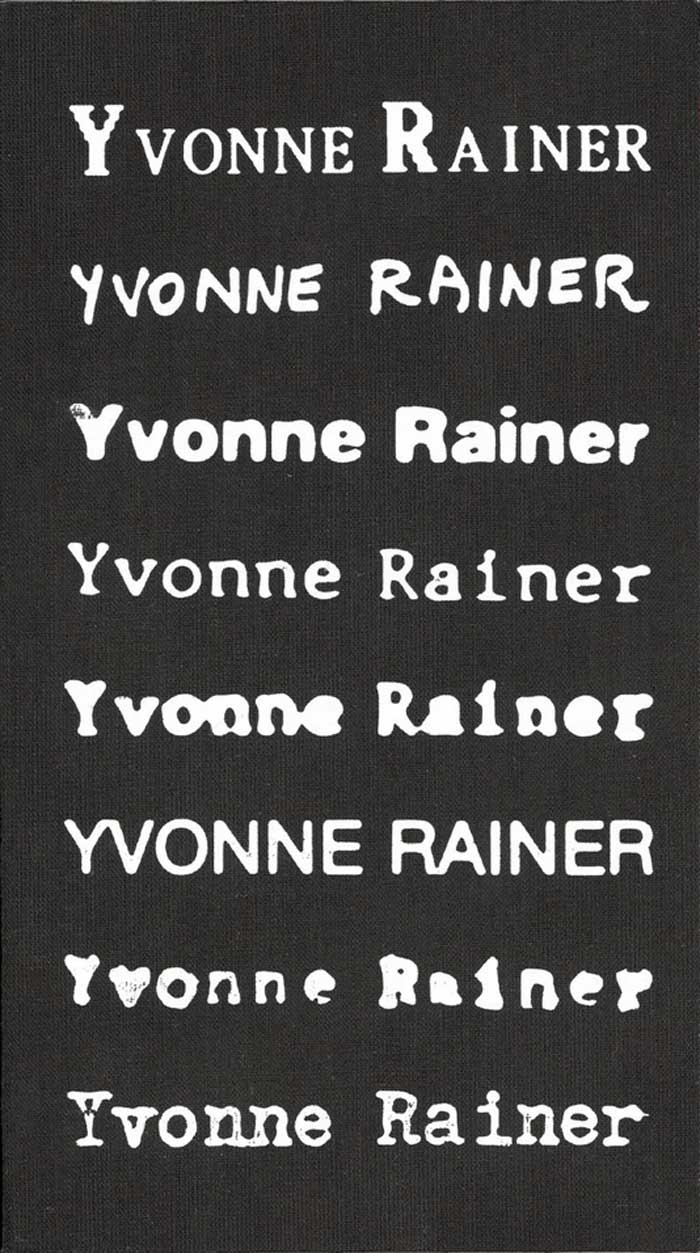
Radical Film, Art and Digital Media for Societies in Turmoil
Ursula Böckler ed., Julia Lazarus ed., Alexandra Weltz-Rombach ed.
Can radical film practices help to understand a disintegrating world? Can they have a healing effect? How can we maintain structures of solidarity in the field of radical media production for societies in turmoil and transition? And what does radical cultural practice look like in times such as ours, when everywhere we turn there seem to lurk even more acute challenges?
Edited by members of the Berlin chapter of the International Radical Film Network, this collection investigates practices of audio-visual production that act on and struggle with the conditions of our time. The contributions were created by film practitioners, artists, activists, as well as academics and critics.
